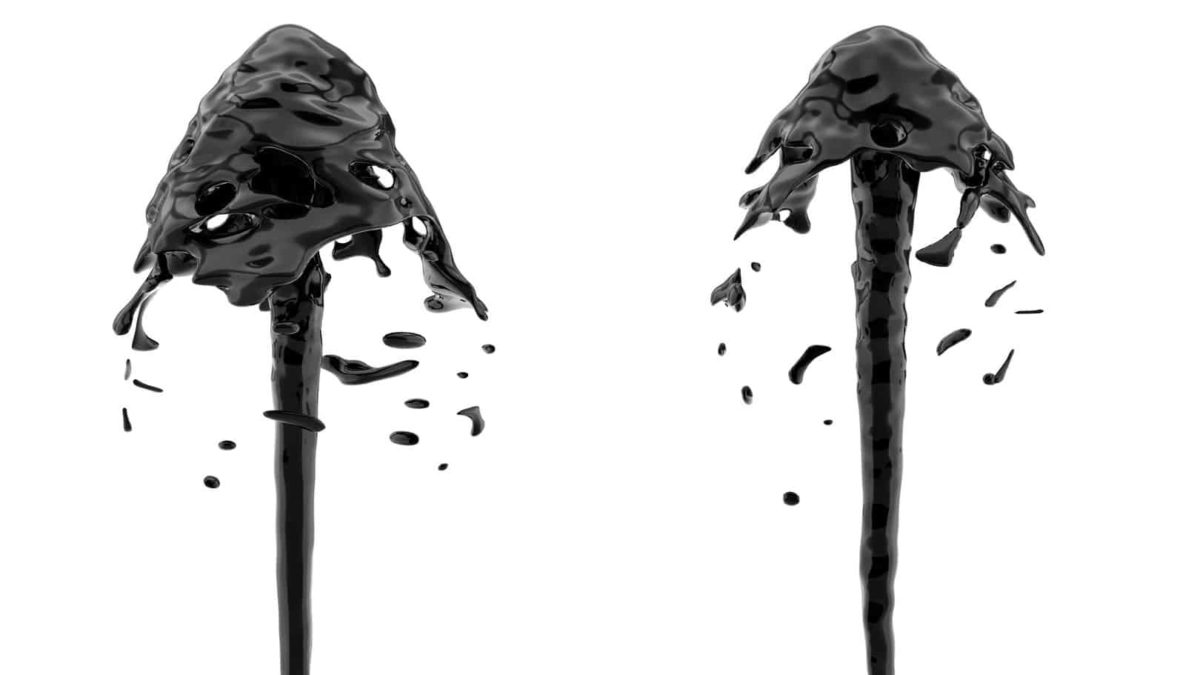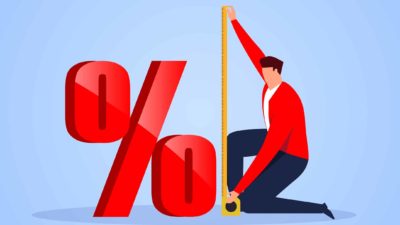The world isn't quite ready to reopen yet. In fact, it's currently heading in the other direction.
The northern winter hasn't really got rolling and already the coronavirus is spreading across much of the north at a truly pandemic rate.
While dreadful, a second mass outbreak during the cooler months shouldn't come as a surprise. After all, this is when people spend more time together in close proximity indoors. And even outdoors, the virus lingers longer on surfaces at winter temperatures.
I've been cautioning my family in the United States and in the Netherlands to brace for this second winter wave for months. Not that there's a whole lot they can do. Other than ensure an ample supply of hand sanitiser, facemasks and, well, toilet paper.
Although this second wave isn't entirely unexpected, the rate at which it's spreading has caught Europe's leaders off guard.
In a televised speech, French President, Emmanuel Macron, stated:
The virus is circulating at a speed that not even the most pessimistic forecasts had anticipated. Like all our neighbours, we are submerged by the sudden acceleration of the virus. We are all in the same position: overrun by a second wave which we know will be harder, more deadly than the first.
In an effort to slow the spread, France and Germany have reintroduced strict lockdown conditions. France's measures are almost as extreme as the stage 4 lockdowns Victorians endured, except that French schools will remain open.
Understandably, the daily news of mounting infection numbers – and uplifting speeches like Macron's – have put already jittery share markets even more on edge.
And the latest news on the renewed lockdowns in Germany and France – Europe's two biggest economies – prodded many investors to hit the sell button.
A sea of red
All the major European and American indexes sold off yesterday (overnight Aussie time).
In the US, the tech-heavy NASDAQ-100 (NASDAQ: NDX) led the way down, losing 3.9%.
In Europe, that undesired honour went to Germany's DAX PERFORMANCE-INDEX (DB: DAX), which closed the day down 4.2%.
Not surprisingly then, the S&P/ASX 200 Index (ASX: XJO) is losing ground today too, down 1.4% in early afternoon trading. Geographically, we may be a remote, island nation with extremely low COVID numbers. But when it comes to most of the shares on the ASX, what happens in the rest of the world matters.
And nowhere is this more true than in the energy sector.
ASX 200 energy shares pummelled
Already suffering from a global supply glut, the onset of the pandemic absolutely smashed the price of crude oil.
Brent crude, the global benchmark, had been tracking steadily higher since early October 2019. That was largely due to the success of OPEC+ (which includes Russia) in cutting excess output fuelled by record US production.
As recently as 6 January, Brent was trading for US$68.91 (AU$97.75) per barrel. By 21 April, it was down to US$19.33 per barrel. Buoyed by global government stimulus, low interest rates, and optimism that the virus could be held in check, Brent was trading for US$43.16 only last Tuesday 20 October.
At time of writing it's down to US$39.28.
ASX 200 energy shares, already the target of activist investors, have seen their values pummelled.
Woodside Petroleum Limited (ASX: WPL) is Australia's largest independent dedicated oil and gas company. Down 1.3% in intraday trading, year to date the Woodside share price is down 49%.
Santos Ltd (ASX: STO), Australia's second largest oil and gas company, is down 4.0% at time of writing. Year to date, the Santos share price is down 41%.
And US listed energy giant, Exxon Mobil Corporation (NYSE: XOM) has fared even worse. The Exxon share price slipped 3.8% yesterday, putting its shares down 55% year to date.
And most analysts are pointing the finger of blame (or one finger, in either case) directly at COVID.
Andrew Lebow, a senior partner at Commodity Research Group, observed (as quoted by Bloomberg):
This is more of a reaction to concerns over the coronavirus and potential for further restrictions and lockdowns than the crude build. Seemingly things are getting worse by the day.
Oil in the streets
Contrarian investor, Baron Rothschild famously said, "The time to buy is when there's blood in the streets."
In the case of the leading ASX 200 energy shares, and Exxon if you're comfortable with buying international shares, that time looks nigh.
Oil, along with the Santos and Woodside share prices, could well slide further if the pandemic lockdowns in Europe persist or even spread.
But once the world does get past this virus, I expect the demand for oil will rebound to pre-pandemic levels. This could see the share prices of companies like Exxon, Santos and Woodside rebound just as strongly.









